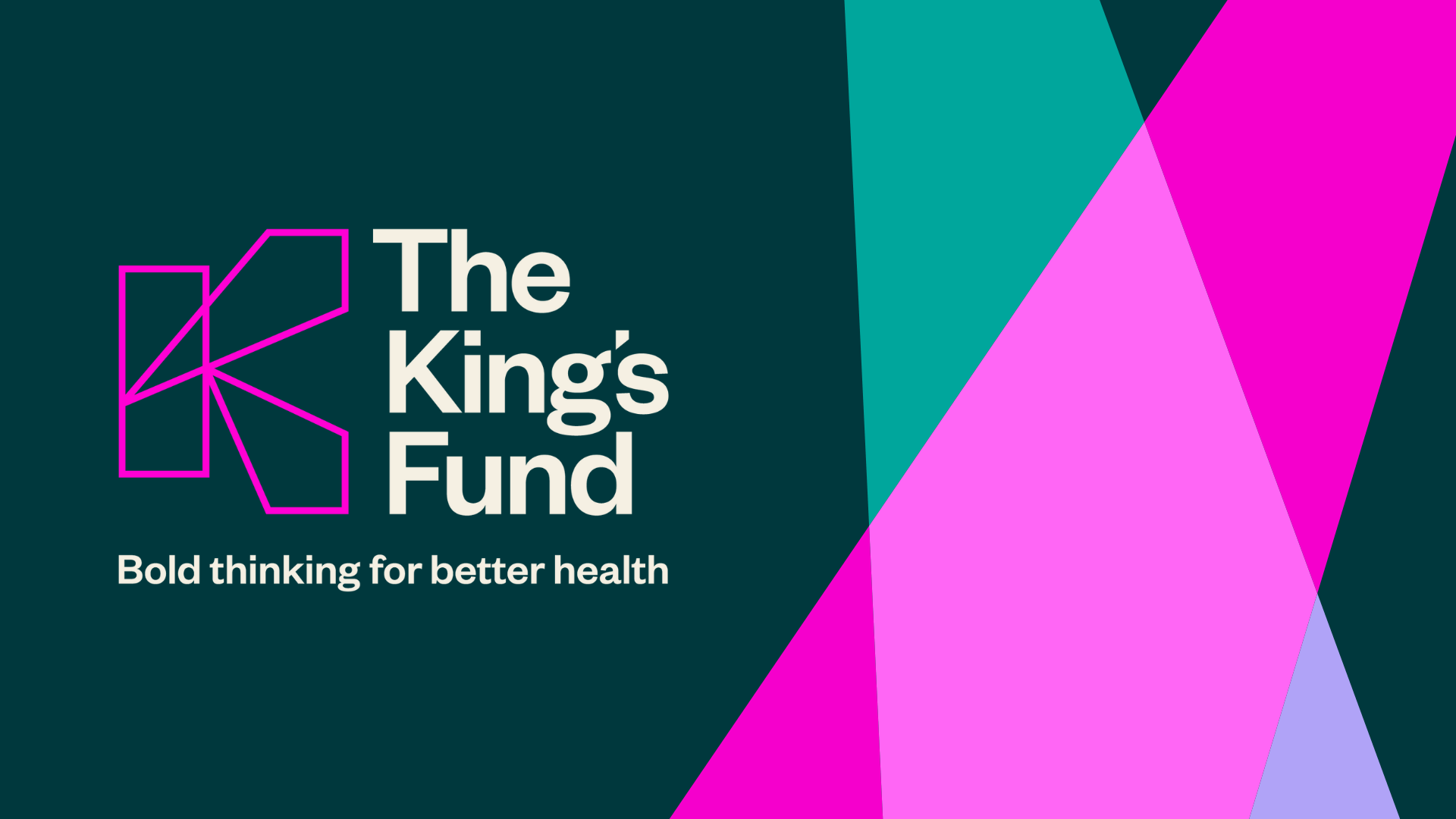Are Chatbots Reliable for Health Advice? Google Study Flags Concerning Trends

The rise of AI chatbots like ChatGPT has sparked excitement and apprehension, particularly when it comes to seeking health information. A recent, Google-backed study has shed light on a concerning trend: these chatbots often provide biased or incomplete medical advice, especially when prompted with leading or ambiguous questions. This raises serious questions about the trustworthiness of AI in healthcare and highlights the need for caution when relying on them for health guidance.
The Study's Findings: A Cause for Concern
The study, conducted by researchers at Google and published in Nature, investigated the responses of several popular AI chatbots, including Google's own Bard, to a series of health-related queries. Researchers deliberately crafted questions that were either leading (suggesting a specific answer) or vague (lacking detail). They found that chatbots consistently exhibited several problematic tendencies:
- Bias and Inaccuracy: Chatbots frequently provided responses that were biased towards certain treatments or diagnoses, often without sufficient evidence. In some cases, the information was simply inaccurate.
- Incomplete Information: Even when the information was generally correct, chatbots often failed to provide a comprehensive overview of potential risks, benefits, or alternative options.
- Lack of Nuance: Medical advice often requires a nuanced understanding of individual circumstances. Chatbots struggled to account for this, offering generic advice that could be inappropriate for certain individuals.
- Overconfidence: Perhaps most worryingly, chatbots often presented their responses with a high degree of confidence, even when the information was questionable. This could mislead users into believing they were receiving reliable advice.
Why Leading and Vague Questions Are Problematic
The study specifically focused on leading and vague questions because these types of prompts are common in real-world interactions. People often turn to chatbots when they are feeling anxious or uncertain, and may phrase their questions in a way that inadvertently steers the chatbot toward a particular answer. For example, asking “Is this rash probably eczema?” is leading, while “I have a rash, what could it be?” is vague. Chatbots, lacking the critical thinking skills of a human doctor, are easily influenced by such prompts.
The Implications for Healthcare
While AI chatbots hold immense potential to improve healthcare accessibility and efficiency, these findings underscore the importance of exercising caution. Here's what you need to know:
- Don't Replace Professional Advice: Chatbots should never be used as a substitute for consultation with a qualified healthcare professional.
- Critically Evaluate Information: If you do use a chatbot for health information, be sure to critically evaluate the responses. Cross-reference the information with reputable sources, such as government health websites (like health.gov.au) or medical journals.
- Be Specific with Your Questions: Try to formulate clear and specific questions to minimize the risk of bias or inaccurate responses.
- Be Aware of Limitations: Remember that chatbots are not doctors. They are algorithms that generate text based on patterns in data. They lack the clinical judgment and empathy of a human healthcare provider.
Looking Ahead: Improving Chatbot Reliability
Researchers are actively working on improving the reliability of AI chatbots for healthcare. This includes developing techniques to mitigate bias, enhance accuracy, and provide more nuanced responses. However, until these improvements are fully realized, it’s crucial to approach chatbot-generated health advice with a healthy dose of skepticism. The future of AI in healthcare is promising, but responsible use and critical evaluation remain paramount.






